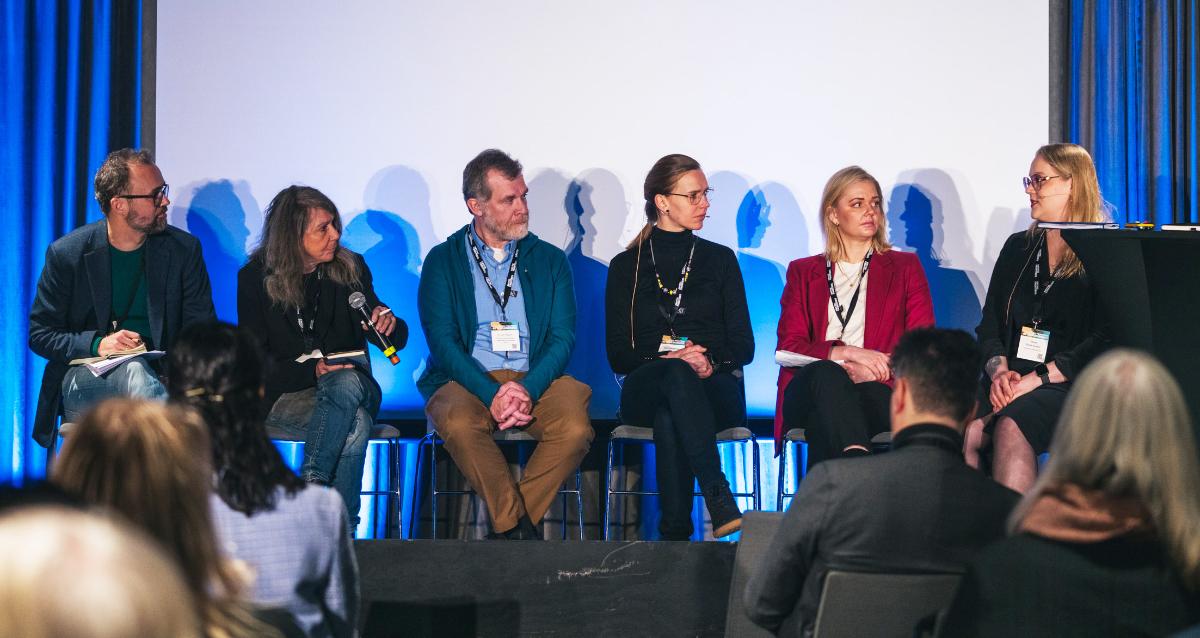BANHER 2023-2026
The BANHER 2023-2026 is a multidisciplinary endeavor in northern studies including activities in both higher education and research. It is funded by the Norwegian Ministry of Foreign Affairs to explore ideas and develop knowledge bottom-up to further social, economic and environmental sustainability in the High North. BANHER 2023-26 is based on a circumarctic network of partners including Icelandic and North American prominent scholars, institutions and universities.
BANHER 2023-2026 core group
Leader Peter Haugseth, program coordinator Per Kåre Jakobsen, senior researcher Urban Wråkberg
Following the NSRG "Western Turn" BANHER 2023-26 has re-activated and built new partnerships with North American departments at high-ranked universities. The program of Northern and Canadian Studies at School of the Environment of Trent University Ontario and at the University of Alaska at Anchorage are BANHER partners. We have arranged joint educational excursions on PhD level in 2024 and in April 2025, a group of Trent and University of Tromsø faculty and students continued the exploration of the Arctic borderlands in a visit to North America. At the end of the 2025 Winter semester, they travelled to Anchorage to begin an eight-day research field trip that took them from Whittier in the Prince William Sound to Homer, and the University of Alaska, Kachemak Bay campus. For more on this see the Læra Institute website.
In June 2025, the BANHER students from Trent, along with University of Tromsø and Yukon University faculty continued the exploration of Yukon-Alaskan Arctic borderlands in a visit to Whitehorse, Skagway and the borderlands in between. They began a six-day research field trip in Whitehorse where they explored the urban landscape of this small northern Canadian City, its infrastructure, architecture and public institutions. More on this excursion can be found at the Læra Insitute website.
Some NSRG based former BNS courses have been discussed as basis for future BANHER joint on-line courses in northern studies. New applications for funding are considered aiming for international exchange of BANHER teachers, joint teaching events and case oriented research projects.
The BANHER research is based on cutting-edge theory and regional experience from remote place-renewal and development. The overarching aim is to identify and characterize the drivers of innovation in the High North with the East of Finnmark County as the major Norwegian focus and to undertake comparative investigation run in common with international partners in the circumarctic. Innovation is today an important rallying call for economic competitiveness and an indispensable link to successful sustainable development. Given several recent measures of e.g. the Nordic Arctic countries to strengthen entrepreneurship and innovation up-north, very little is still known about the factors characterizing policymaking that is successful in promoting innovation long-term both on the local and regional level. It is why the goal of BANHER field research is to empower students and senior scholars to delve into the question of what does innovation mean for the goal of economic and social development in the Circumpolar world?


